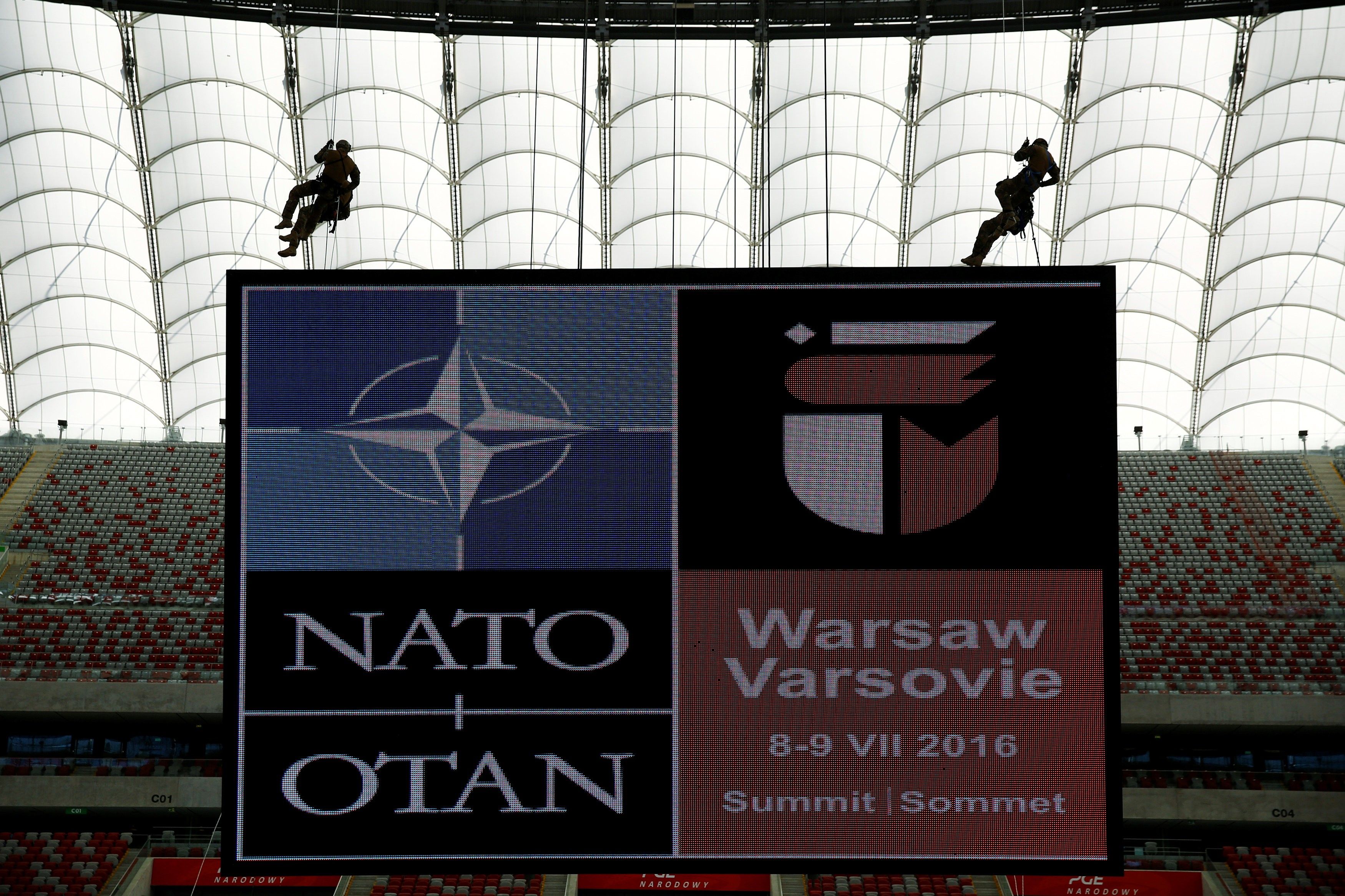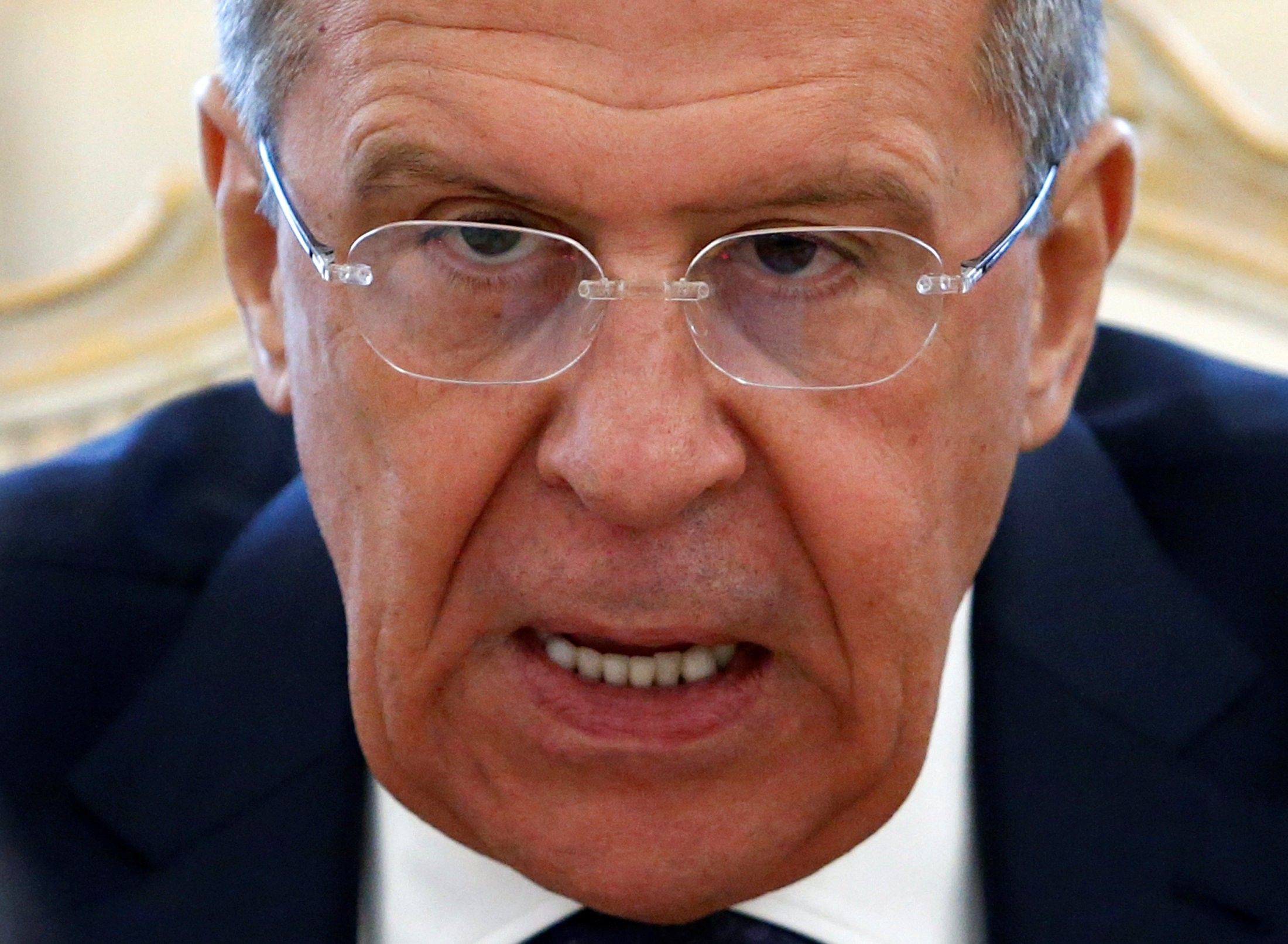
Ukrainian interest. Steinmeier test, Lavrov’s revelations, and upcoming Summit
Pavlo Klimkin’s talks with Frank-Walter Steinmeier in Berlin in early June were fundamental in their nature. Russian Foreign Minister opened up his cards a bit in respect of Donbas. The NATO Summit in Warsaw could become a turning point not only for the Alliance in general, but also in its relations with its neighbors.
Germany which currently chairs the OSCE tries to play the first fiddle in the process of Donbas settlement. But besides the foreign policy interests, Europe’s most powerful nation has also some internal ones. At the next parliamentary elections in 2017, Chancellor Angela Merkel and Foreign Minister Frank-Walter Steinmeier will directly compete, and this fact affects today’s public statements of German leaders. For example, during the traditional "Potsdam Dialog" this week, Steinmeier said Europe should be “smart when it comes to dealing with these sanctions” against Russia, stressing that the West does not seek to put its Russian partners on its knees.
Therefore, Pavel Klimkin at his meeting with Frank-Walter Steinmeier had to draw his attention to the obvious things. It was not only about the status of the visa-free regime for Ukraine, Georgia and Kosovo being stalled because of the European institutions seeking to first develop a mechanism to suspend visa waivers. Ukrainian minister called "counter-productive" the signals of the European officials toward Russia (Steinmeier is not alone in this regard, in fact) about a possible weakening of sanctions against Moscow. It is important though that Angela Merkel publicly said she saw no grounds for the easing of sanctions against Russia.

It should be noted that the word "counter-productive" was also voiced in another capital – Moscow. This term was used by Russian Foreign Minister Sergey Lavrov when describing the prospects of recognizing the self-proclaimed “DPR” and “LPR.” At the same time, he stressed that Russia "is not giving up on the south-east of Ukraine," saying on the part of the separatists that "Donbas will never accept the presence of peacekeepers." After such statements, there is no reason to rely on any serious success in the discussion of proposals for the deployment of the armed OSCE police mission in the east of Ukraine. Actually, just as there is no reason to believe Russia's policy toward Ukraine will change, because Lavrov and his boss Vladimir Putin still say Russians and Ukrainians are one nation.
The escalation of the Donbas conflict, which NSDC Secretary Oleksandr Turchynov rightly called "Black May" unpleasantly surprised the U.S. Ambassador to Ukraine Geoffrey Pyatt, who just a couple of months ago expressed confidence that the most dramatic moments in the confrontation in the east of Ukraine are already behind us. It is interesting that on the eve of a meeting of the Tripartite Contact Group in Minsk, which has long become an imitation of vigorous activity, Leonid Kuchma acknowledged that the United States are unlikely to initiate the change of a format of discussion on Donbas future, although it does affect the negotiations process in the Belarus capital.
The feelings of Mr.Pyatt, whose stay in Kyiv is coming to an end, may have an impact on the decisions that will be taken at a NATO Summit in Warsaw July 8-9. NATO Secretary General Jens Stoltenberg stressed two important points: the North Atlantic Treaty Alliance is not interested in confrontation with Russia and intends to show its intentions to support its southern and eastern neighbors, among whom there is also Ukraine.
Yevgeny Magda

